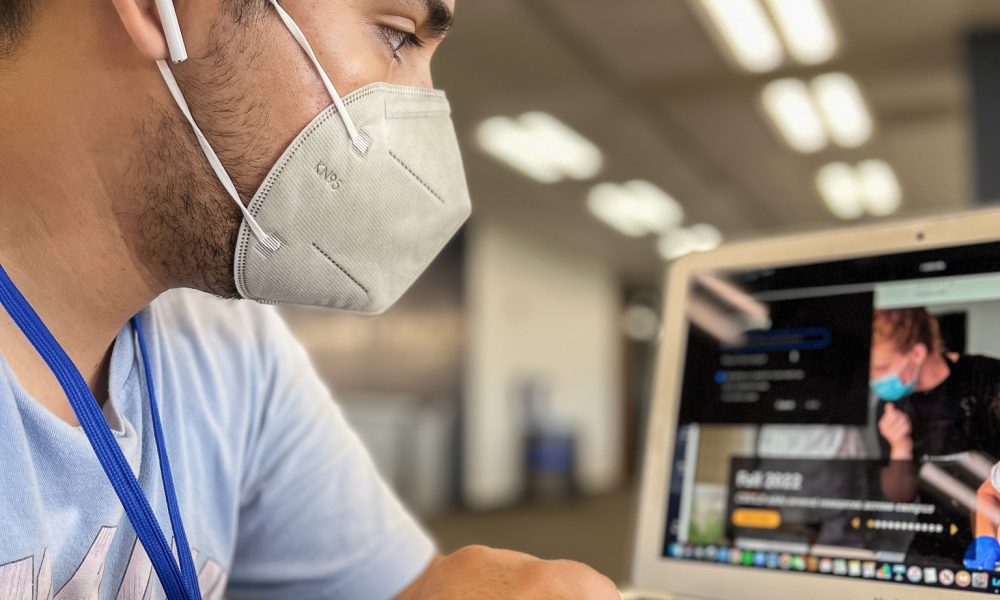As she set up her schedule for the upcoming fall semester, Po Garcia said she felt like the odds were against her.
Garcia is a second-year transfer linguistics major who lives about 45 miles away from campus in Upland and will have to commute to campus four days a week this semester.
She is among the many Long Beach State students who will be returning to campus on Aug. 22 as the university transitions to almost 90% in-person instruction—a decision some students believe does not take long commutes and work schedules into consideration.
“I anticipated [the university] to decrease the amount of online classes that were available,” Garcia said. “But they almost obliterated them.”
Garcia said she felt like she was scrambling, trying to find classes that offered an online option and double-checking what classes she could afford to put off.
“I just felt like it was a surprise tactic, like they came at me, and I wasn’t ready for it,” Garcia said.
Communications major, Giselle Flores, is in her senior year and said she was looking for online options to better balance school and work. Unable to find any, she said she had to settle with only taking three classes this semester, all in-person.
Flores said she was worried over the few credits she signed up for but had no other choice.
“If I would have taken say four or five classes this semester, then I probably wouldn’t be able to work as much as I need [in order] to pay rent,” Flores said.
Rent also worries Garcia. The commute to campus is time-consuming—about an hour and a half both ways if she takes the train— and thus affected her work availability.
President Jane Close Conoley said the choice to offer a majority of courses online stemmed from looking at 2020-2021 student data. Conley said the persistent rate—a student’s ability to continue on to the next term—from freshman to sophomore year had been going up for about eight years and suddenly dropped during the pandemic.
“It’s clear that some students aren’t benefitting,” Conoley said.
Conoley said she understands the hassles of coming to campus such as commuting, paying for parking and how it affects students with jobs and children. However, she said it is not a “one size fits all” situation.
“We have to keep as much in-person stuff in freshman and sophomore year,” Conoley said. “By junior and senior year, maybe students already have a sense of belonging to the campus. It’s kind of a complicated landscape.”
Lizbeth De Anda, a third-year sociology major, said she understood the complications. Despite taking four asynchronous classes and one online class this semester, De Anda said she does better academically when in person.
“I find it easier to concentrate and do my work and actually pay attention,” De Anda said.
Conoley said it was a “fluid situation” and that the university will be monitoring over the span of this year and the next to better understand how to accommodate student needs.
“I think the future has us more balanced with in-person and online, I just think that’s inevitable,” Conoley said. “There’s a lot of good things about that but you have to be careful not to leave some students behind.”




